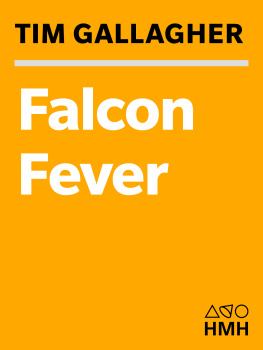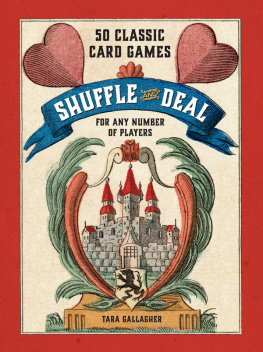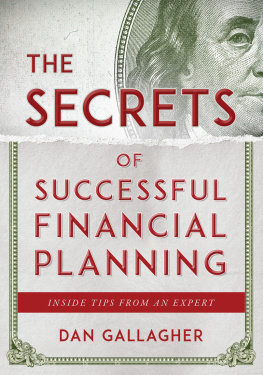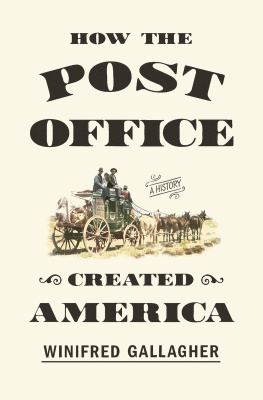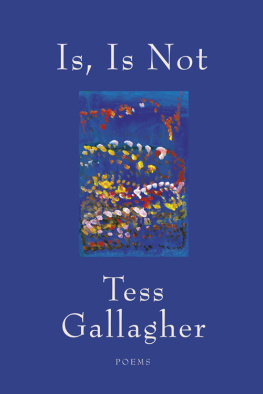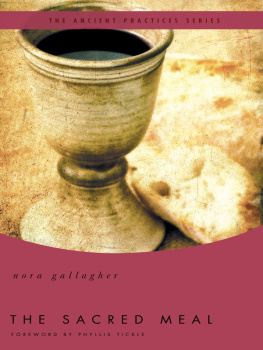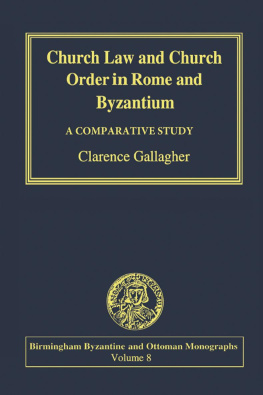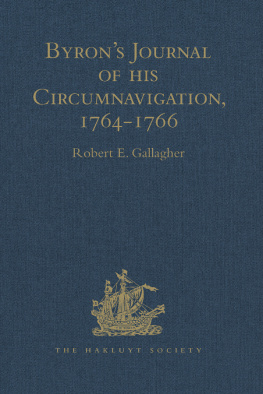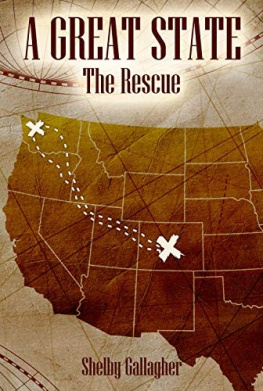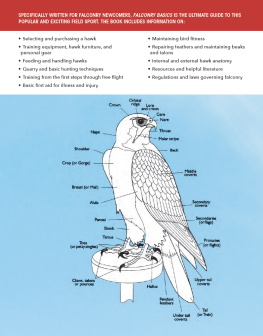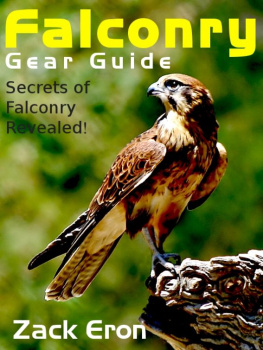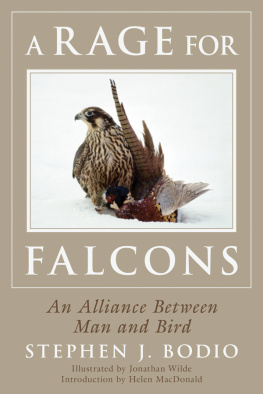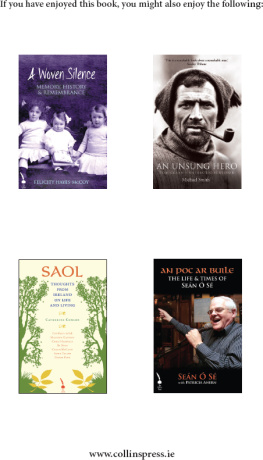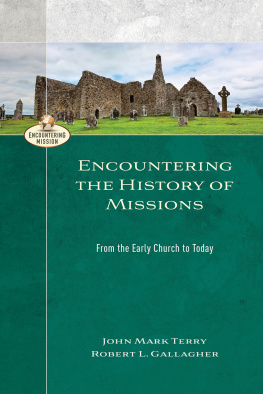FIRST MARINER BOOKS EDITION 2009
Copyright 2008 by Tim Gallagher
All rights reserved
For information about permission to reproduce selections from this book, write to Permissions, Houghton Mifflin Harcourt Publishing Company, 215 Park Avenue South, New York, New York 10003.
www.hmhco.com
The Library of Congress has cataloged the print edition as follows:
Gallagher, Tim.
Falcon fever : a falconer in the twenty-first century / Tim Gallagher.
p. cm.
ISBN -13: 978-0-618-80575-4
ISBN -10: 0-618-80575-3
1. Gallagher, Tim. 2. FalconersUnited StatesBiography. 3. FalconryUnited StatesAnecdotes. 4. FalconryItalyAnecdotes. I. Title.
SK 17. G 2 G 35 2008
799.2'32dc22 2007043923
ISBN : 978-0-547-23779-4 (pbk)
e ISBN : 978-0-547-52611-9
v3.0415
To protect the privacy of individuals, the following names appearing in chapters 8 and 9 are pseudonyms: Andy, Wayne, Eldon, and Cruz.
For Frederick II and all who follow him
The falconer must be diligent and persevering, so much so that as old age approaches he will still pursue the sport out of pure love of it. For, as the cultivation of an art is long and new methods are constantly introduced, a man should never desist in his efforts but persist in its practice while he lives, so that he may bring the art itself nearer to perfection.
F REDERICK II OF H OHENSTAUFEN
Introduction
YOURE NOTHING BUT a falconry bum, and I never want to see you again, she said, slamming the telephone down. By then it was almost midnight. I was supposed to have had dinner with her at seven oclock and meet her parents for the first time. Wed been planning the dinner for almost a month. Instead, I was huddled shivering in a phone booth beside a field, covered in mud and swamp water from searching all day for my lost falcon.
That was almost forty years ago, when I was seventeen. The sad thing is, I never got the falcon backor the girlfriend. And this was not the first (or last) time something like that happened to me. For many years, this was the story of my lifea person who lived and breathed to hunt game with trained hawks and falcons.
Ive been a falconer for a very long time. I cant say why exactly, but something about falconry completely captured my passion and spirit as a twelve-year-old and has held me enthralled ever since. I think about what drew me to falconry more and more as I get older. As a kid, I always loved nature, and Id been training and handling various animalsdogs, parakeets, frogs, toads, snakes, lizards, pigeons, sparrowssince early childhood, but for me, from the time I first put a falcon on my fist, no other interest ever came close to competing with falconry. Even when I quit flying birds of prey for a few years at one point in my life, falconry was always there, lying just below the surface like an incurable affliction temporarily in remission.
Why is that? What is it about my personality that makes me so susceptible to this kind of obsessionan addiction really? And what is it about falconry that seems to attract such over-the-top devotees? An entire subculture exists outside the mainstream of American society consisting of people like me who still use the ancient training techniques and language of falconry. I suspect almost any of us could communicate effectively with most medieval falconers if we happened to be dropped somehow into a twelfth-century hawking establishment. But we are not some kind of creative anachronism society. We borrow freely from both ancient and modern techniques, equipment, and medical expertise to train and care for our birds. We just love raptors and thrill to see them hunt game. There arent many of usjust a few thousand in the United Statesbut I cant think of any group as enthusiastic about their endeavor as falconers.
Im sure psychologists would have a field day examining our addiction. Im still trying to puzzle it out myself. Of course, the birds are beautiful. To my mind, nothing else in nature rivals the power and elegance of a raptor in flight. Most people who see a wild falcon dive at prey remember the sight for the rest of their livesthe sheer speed, the roar of the wind through the birds flight feathers, the frightening violence. Im sure thats all part of the lure of these birds for me, but there is so much more. Ive never been the kind of person who takes the killing of an animal lightly. I love animals. Im fascinated by everything about them, and Ive spent much of my life observing and photographing naturea passive witness to its wondrous spectacle. But when Im flying a raptor, Im a different animal, as fierce and determined as a rampaging wolverine to flush game for my bird. If falconry didnt exist, I would probably never have become a hunter. Thats but one of the many paradoxes in my life Im still working out.
The magical, intuitive bond that develops between a falconer and a trained raptor is a great attraction for me and is one of the things that keeps me getting up before dawn, day after day, on workdays and weekends, through autumn and early winter, trudging through the fields in all kinds of weather to fly my eight-year-old peregrine falcon, Macduff. I named him after the Shakespearian character who killed Macbeth in a ferocious fight at the end of the play. Lay on, Macduff, says Macbeth in his famous last words. Damned be he who first cries, Hold. Enough. Thats just the way I feel about it. As long as Macduff is willing to keep flying hard, soaring high above me and hammering game in blistering vertical power dives, Ill be damned if I quit hunting with him.
As I step into his flight chamber to pick him up on this blustery December morning in 2005, he flaps his wings powerfully, eager to fly. I lift him quickly onto my gauntleted fist, slip a leather hood on his head to keep him calm, and carry him out to my car. While most of my neighbors still lie sleeping, I load up my gear and drive away in search of game.
This morning is more special than most. Exactly 755 years earlier, on December 13, 1250, Frederick II of Hohenstaufen, Holy Roman Emperor and King of Sicily and Jerusalem, departed this life. Im sure few took time to note this anniversary, besides a handful of eccentric falconers like me, who feel a bond with Frederick that has endured through the centuries. You see, Frederick II is like the patron saint of falconryalthough the Catholic Church is unlikely to grant him sainthood any time soon; he spent most of his life at odds with a succession of popes and was excommunicated twice. He was a lifelong falconer as well as a scientist, scholar, poet, and architect, and he authored a massive tome on falconry, De Arte Venandi cum Avibus (On the Art of Hunting with Birds), that is still a useful guide for training falcons. You could say Ive been obsessed with Frederick II for most of my lifereally for as long as Ive been a falconer.
I consider Frederick to be the spiritual forebear of all falconry bums. He lived the life of a transient monarch, with no single city to call his home: just a series of castles and hunting lodges he visited to go hawking. Its a telling fact that he suffered the worst defeat of his entire reign when he went off hawking during the siege of Parma, leaving his camp lightly defended. The people of the besieged city stormed the camp, slaughtering Fredericks soldiers, burning everything to the ground, and stealing his entire treasurya staggering defeat that he never really got over. It sounds like something I might have done.
IT IS A chilly morning and several inches of snow lie on the ground as I drive through the low wooded hills and farmland surrounding Ithaca, New York, making my usual game-hawking circuit, checking ponds and small creeks for ducks. Frederick called hunting ducks with a falcon hawking at the brook. His falconry treatisea classic medieval illuminated manuscripthas a beautiful hand-painted illustration of a medieval falconer who has stripped naked and is swimming across a lake to get to his peregrine, sitting on a duck kill on the other side of the water. Im hoping I wont have to do that today in the subfreezing weather, but you never know.
Next page
